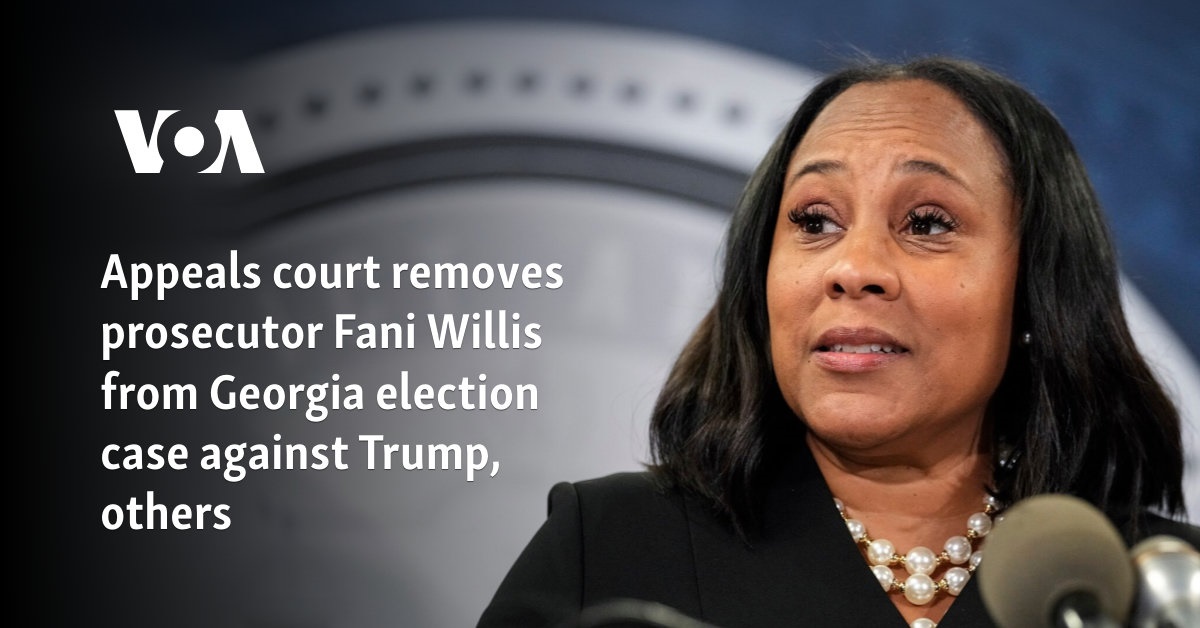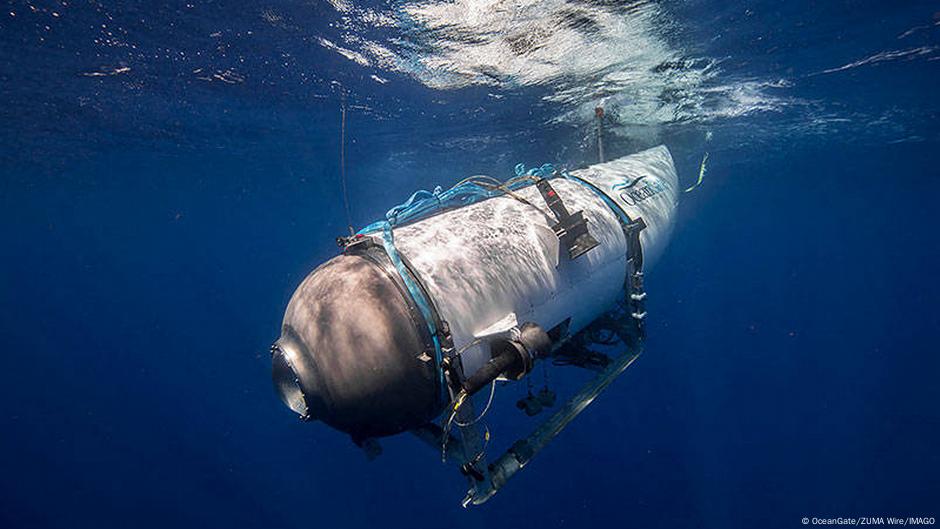In the future, the Gaza Strip will be ruled by a technocratic government – at least that’s what the US-backed ceasefire plan that has brought a halt to two years of fighting in the coastal zone says.
That plan also specifies that the Palestinian Authority, which controls the occupied West Bank, will not be allowed to play a role in that government unless reforms are “outlined in various proposals, including President Trump’s peace plan in 2020.”
In 2020 planThe US says it will recognize a Palestinian state only if it stops its “judicial war against the State of Israel”.
Israeli Prime Minister Benjamin Netanyahu talked about this in Washington, when he visited last month.
“Genuine” reform of the Palestinian Authority should mean “ending legal action against Israel at the ICC” [and] ICJ,” Netanyahu said, referring to the International Criminal Court and the International Court of Justice, the two courts of international law where cases against Israel are pending.
Many cases in international courts
Both courts are in the Netherlands. One – the ICC – prosecutes individuals suspected of war crimes and the other, the ICJ, is where countries usually file lawsuits against other countries for breaking treaties or conventions.
In late 2023, South Africa went to the ICJ and accused Israel of violating the 1948 Genocide Convention, which was adopted by the United Nations after World War II. A decision on this is not expected until the end of 2027 at the earliest. There is also another case at the ICJ, where Nicaragua has accused Germany of engaging in genocide because of its support of Israel.
Meanwhile the ICC issued arrest warrants for Netanyahu and former Israeli Defense Minister Yoav Galant in late 2024. Both are accused of war crimes and crimes against humanity, although neither is accused of genocide. The ICC also issued warrants for three senior Hamas leaders but these were withdrawn after their deaths.
It is likely that the ICC also has other arrest warrants for Israeli politicians that have not yet been made public. Even before the start of the trial, the Palestinian Authority had also asked the ICC to investigate the situation in the occupied Palestinian territories. These requests for investigation are known as referrals.
Could the current ceasefire change any of this?
If the Palestinian Authority pulls out of the ICC case – as Netanyahu has insisted – will that end the proceedings?
The Palestinian Authority actually submitted its own referral to the ICC regarding Israel in 2018. The ICC case has been under investigation since 2021 and looks at possible violations dating back to 2014. Before the Hamas attack in October 2023, it focused on settlement expansion in the West Bank.
In November 2023, other countries, including South Africa, Bangladesh, Bolivia, Chile and Mexico, joined the ICC case and said that the situation as originally reported to the court by the Palestinian Authority should be investigated.
Besides, human rights organizations have also joined that ICC case. For example, by the end of September 2025, Reporters Without Borders Five complaints were filed The ICC said against Israel that the Israeli army is deliberately targeting Palestinian journalists.
Earlier this month, Italian Prime Minister Giorgia Meloni told the press He and other ministers were also accused by a Palestinian advocacy group in another filing to the ICC of “complicity in genocide”, because Italy has supplied weapons to Israel.
This means that, no matter what the Palestinian Authority does, the international case will continue because it involves other complainants.
Does the ceasefire make it harder to prove genocide?
The ceasefire is unlikely to lead to any changes in the way ICC or ICJ cases are conducted, legal experts told DW. The fact that Israel has now agreed to stop bombing Gaza does not invalidate previous accusations.
“All possible proceedings, whether at the national or international level, will be unaffected by the current developments,” Kai Ambos, a professor of international criminal law at Germany’s University of Göttingen, told DW.
The 20-point plan also offers amnesty to Hamas fighters who surrender weapons. The law professor says more details are needed on this. But even then, any apology “would not be binding on national justice systems, like Germany’s, or on the ICC,” Ambos pointed out. He said the agreement would be binding only between both sides of the conflict.
Susan Akram, director of the International Human Rights Clinic at Boston University Law School, confirmed, “The ceasefire should make no difference to prosecution or accountability for past crimes committed by either side.”
“The issues of evidence are likely to be more complex, insofar as evidence is likely to have been destroyed under the debris in Gaza, and thousands of Palestinians, including hundreds of journalists who witnessed atrocities, have been killed.”
But, she adds, a lot of evidence has already been collected. The UN Commission of Inquiry on the Occupied Palestinian Territory, which concluded in September that Israel was committing genocide in Gaza, has its own database and will likely be used by the courts.
“There are also cases in various countries against European heads of government for their involvement in the massacre in Gaza, as well as requests for the arrest of various Israeli soldiers and commanders for their crimes in Gaza. None of this will be affected by the ceasefire,” Akram said.
Impact on German court cases
This also includes cases from Germany. Next week or so, a case will be brought European Center for Constitutional and Human Rights (ECCHR) will go against the German government all the way to the Federal Constitutional Court, one of the country’s highest courts. There the ECCHR will argue that Germany should not export weapons or weapons components to Israel.
“From a non-legal point of view, it makes sense to ask whether the actual situation might have had some kind of impact on the case,” explains Alexander Schwarz, co-director of the Transnational Crime Program at the ECCHR. “But legally, the ceasefire – no matter how long it lasts – does not change the legal foundation of our claim.”
For one thing, the ECCHR case only looks at facts on the ground up to January 2025, notes Schwarz. for another, International rules on arms trade Germany says it must assess the recipients of its arms exports to see if there is any risk of German weapons being used in war crimes.
In August, Germany partially suspended approval of new arms exports to Israel. But ever since the armistice was announced, German politicians have already said That these restrictions should be removed.
“After two years of systematic violations of humanitarian law by Israel, the risk [of German arms being used in war crimes] Obviously still there. Schwarz argued, “It will take time until Germany can legally export arms to Israel again.”
“War crimes, crimes against humanity and, as the UN Commission of Inquiry suggests, acts of genocide, do not disappear simply by stopping the fighting. The ceasefire does not erase accountability. If anything, it provides space for justice to move forward.”
Edited by: Carla Bleiker






Leave a Reply